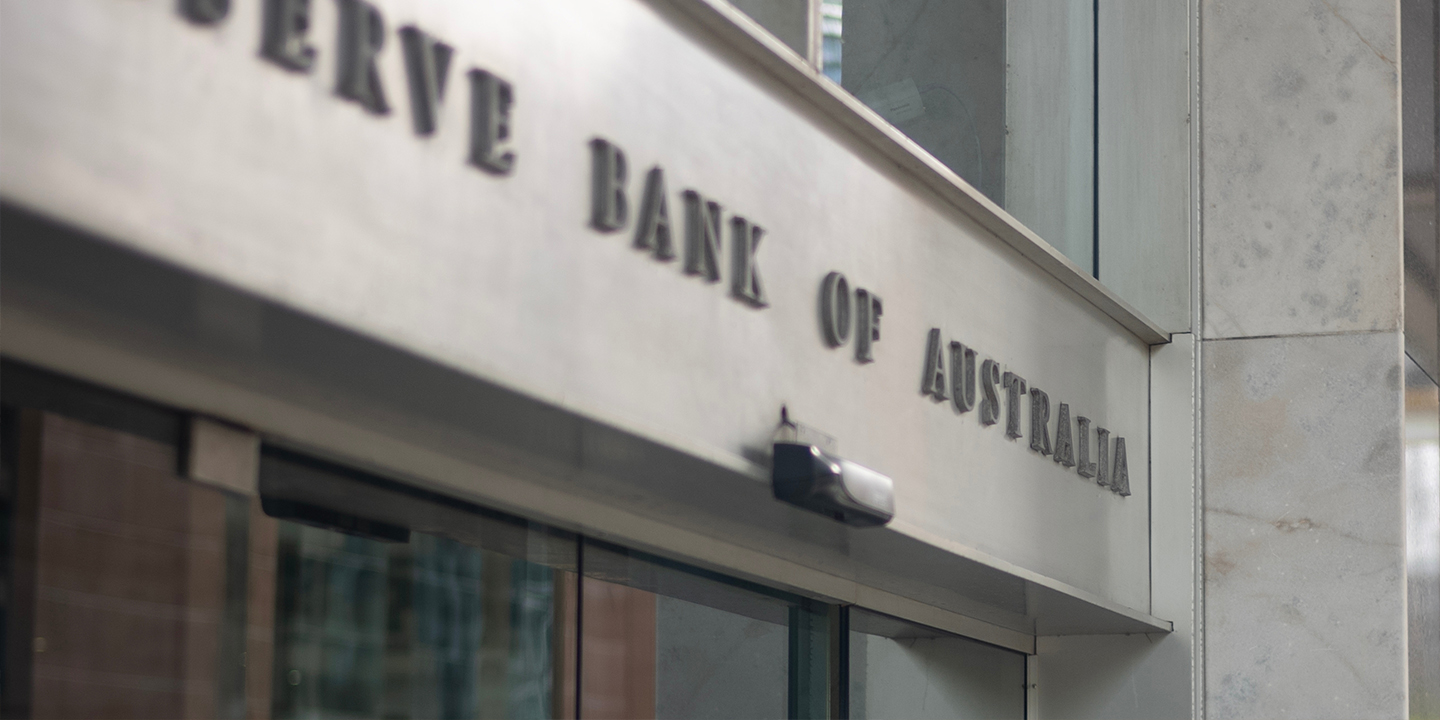It’s gonna be alright
Even the Australian Bureau of Statistics (ABS) appears to have fallen under the spell of Pennsylvania’s favourite daughter. In its latest retail sales release, the ABS implied that Taylor Swift’s seven concerts in Sydney and Melbourne boosted retail sales by 20 basis points in February 2024. Overall retail sales were 0.3% higher in February than in January (consensus was 0.4%). In trend terms, looking past the positive effect of Miss Swift on spending, underlying growth was 0.1% month-on-month (mom). Compared with February last year, sales were up 1.6%.
Clothing and Footwear was the strongest category by far, up 4.2% mom, which the ABS sees as largely a function of demand for ‘Taylor Swift inspired outfits and related do-it-yourself accessories’. This seems a little hyperbolic to us, but even if it’s true, we believe the strength in this category provides a positive signal about the underlying consumer behaviour. Young (and no so young) shoppers appear to have adjusted to higher prices. It seems the initial shock of the cost of living crisis has eased into a more stable, but selective, approach to discretionary expenditure. Good news for fashion businesses like Universal Store (UNI, ADD) and Accent (AX1, ADD) perhaps. Despite the cancellation of Splendour in the Grass.
Retail sales were up 0.3% mom
On a seasonally-adjusted basis, retail sales were up 0.3% mom in February and up 0.1% in trend terms. Total retail sales in the month were $35,869m (trend: $35,799m). The best performing categories were Clothing & Footwear (+4.2%) and Department Stores (+2.3%) – a positive for Myer (MYR), alongside UNI and AX1. These are highly discretionary categories and, Taylor Swift notwithstanding, positive growth is a good signal that the consumer is not distressed. Compared with January, there was a minor pullback in Household Goods spending (-0.8%).
The year-on-year growth was 1.6%
Clothing & Footwear was also by far the strongest growth category in February on a year-on-year (yoy) basis, up 4.0%. Overall retail sales were 1.6% higher yoy. Eating Out continues to do well. It’s been the best performing category yoy on average over the past 12 months. Household Goods was the worst performer, down 2.2% yoy, having also been the worst performer in January 2024 and December 2023.
What this all means for the sector
After a period of volatility towards the end of CY23, retail sales appear to have stabilised since the beginning of CY24. Consumer sentiment remains well below historical averages (with the latest index data showing a retreat after the strong jump in February). Sentiment is an important factor driving the performance of consumer discretionary shares and the conditions do continue to look favourable for this index to pick up – unemployment is down to 3.7% and real wages are in positive growth territory. Much will depend on what the RBA does next.
Figure 1: Australian retail sales (A$m)

Morgans clients receive access to detailed market analysis and insights, provided by our award-winning research team. Contact your Morgans adviser to access the full research note or begin your journey with Morgans today to view the exclusive coverage.










